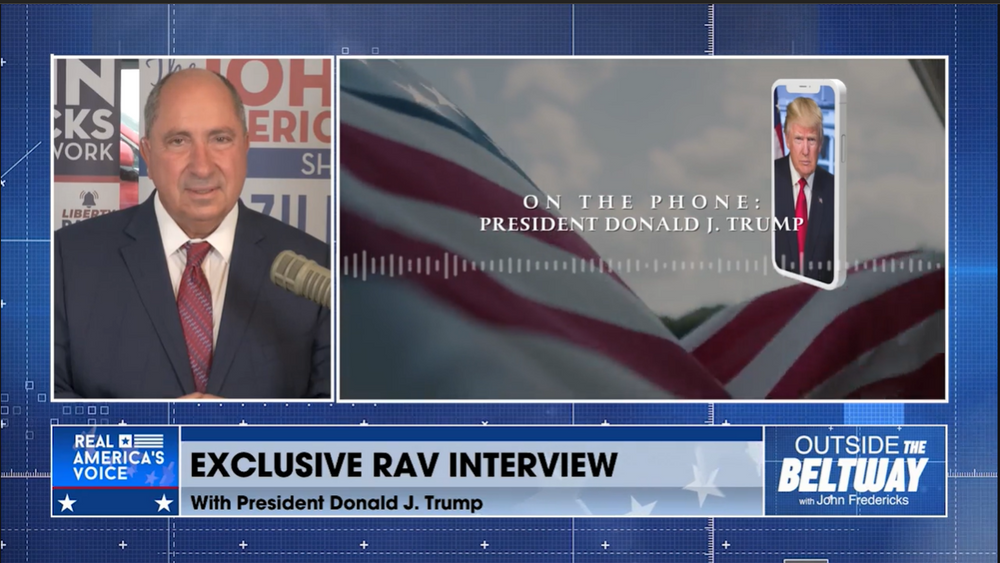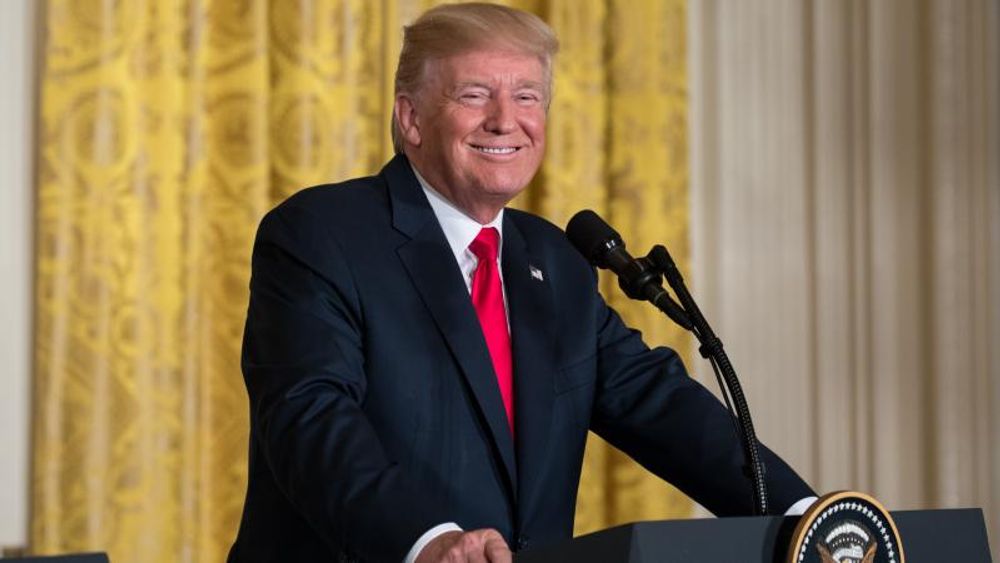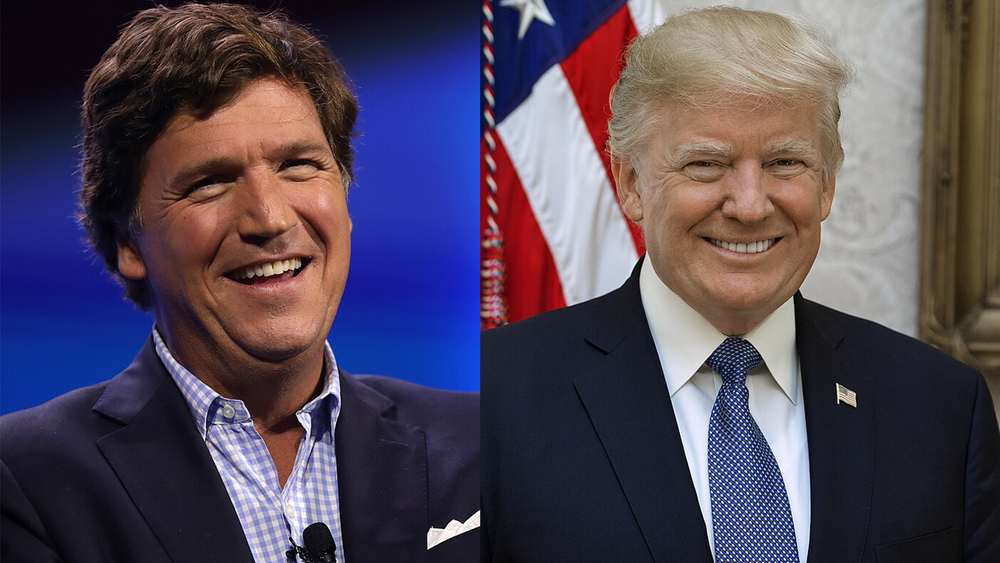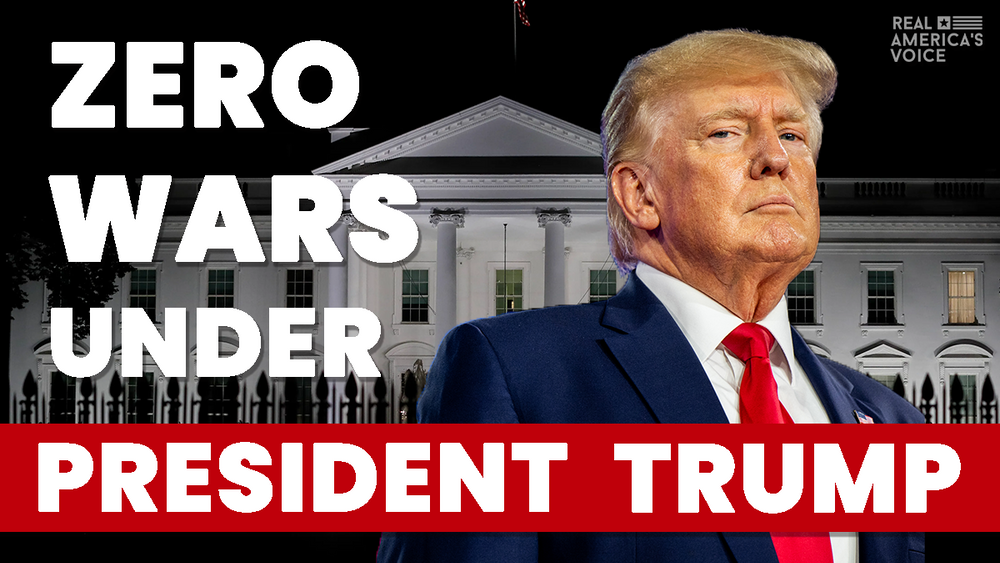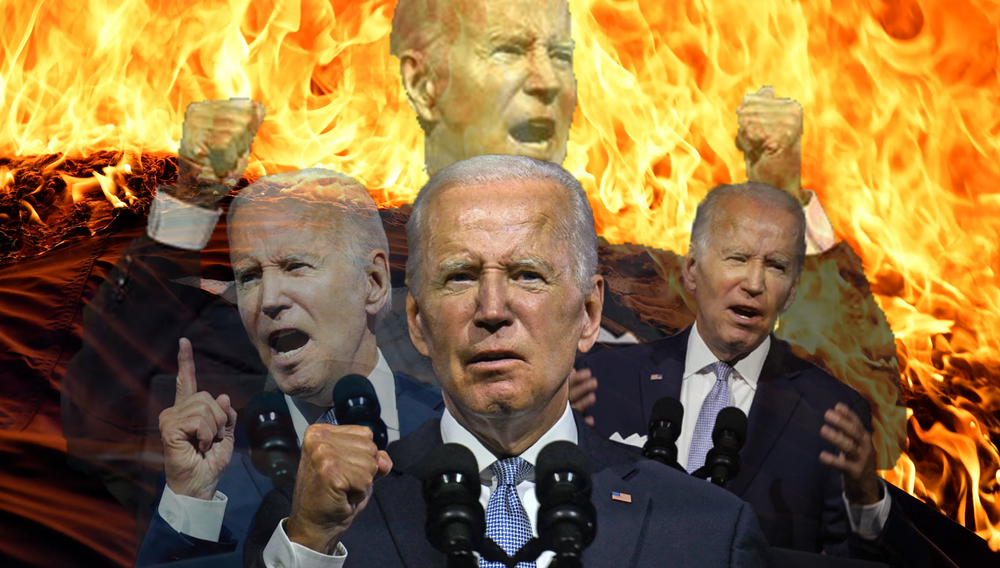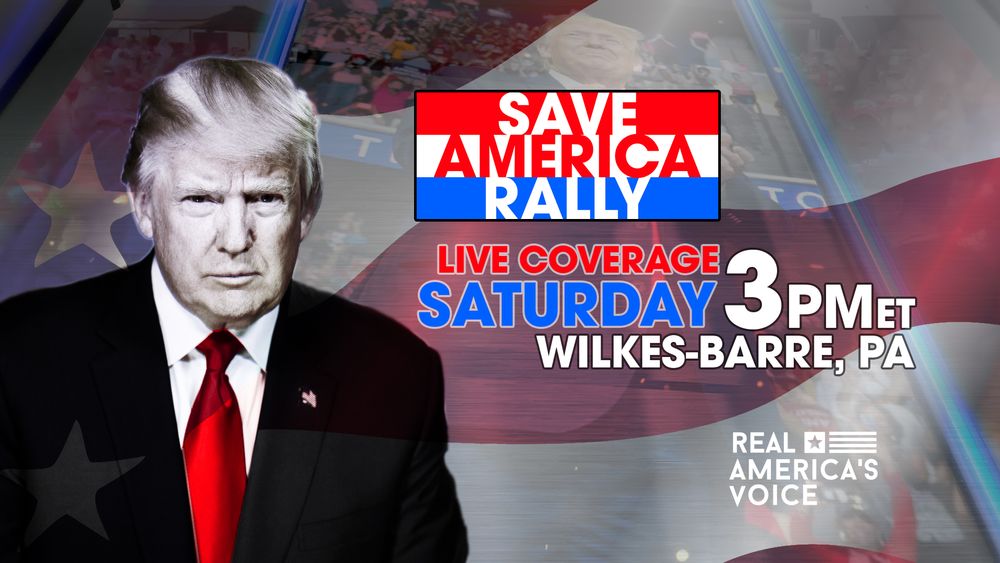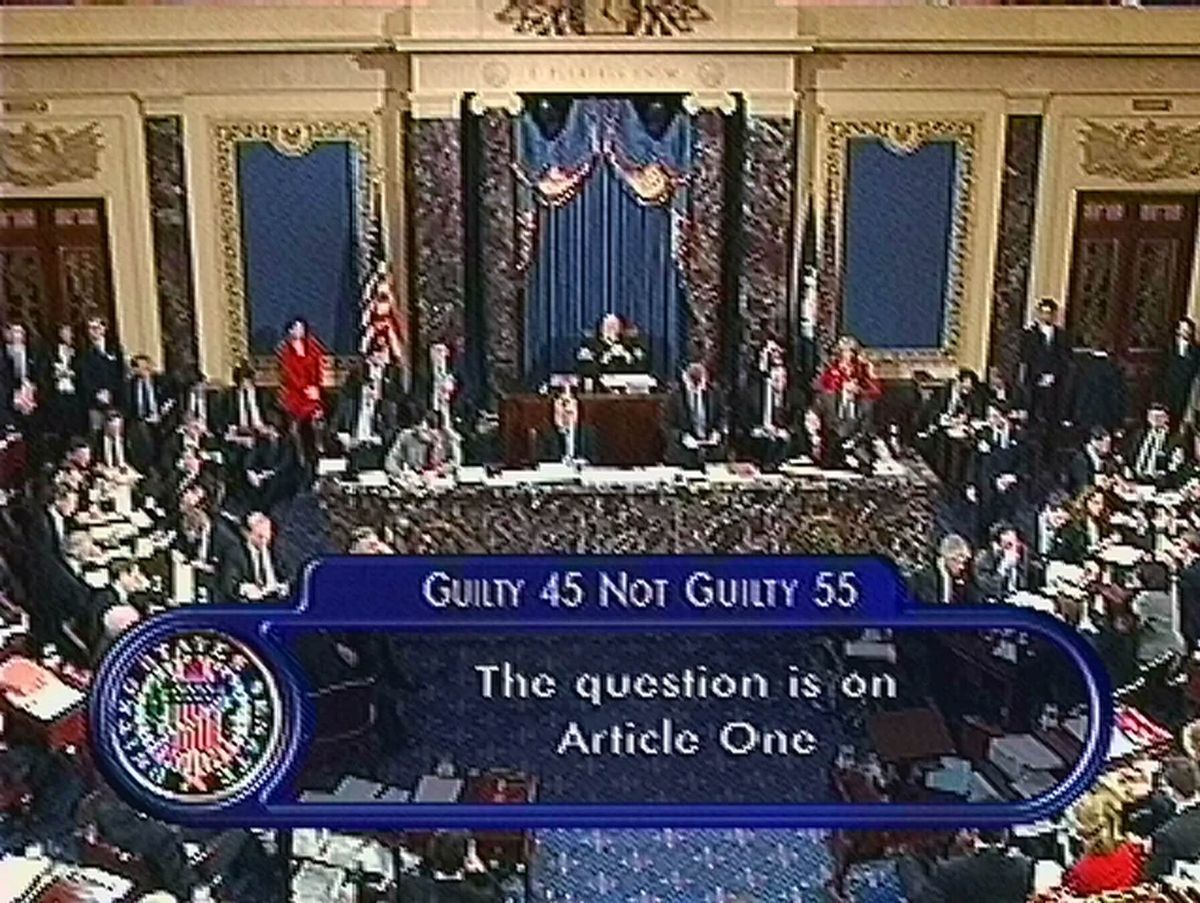
Nine Questions About the Senate Impeachment Trial
Does the Senate have to hold a trial?
There is no explicit requirement in Article 1, Section 3 of the U.S. Constitution. It does not by its express terms direct the Senate to try an impeachment. In fact, it says the Senate has "the sole power to try," which means it has exclusive constitutional authority, but it is not a procedural command. In the Senate’s "Rules of Procedure and Practice in the Senate when Sitting on Impeachment Trials," once the House of Representatives present the articles of impeachment, the "Senate shall … proceed to the consideration of such articles and shall continue in session … until final judgment shall be rendered." But the Senate operates under its own set of rules established by members, which means they can also change the rules if the majority chooses. Senate rules for impeachment trials were last revised in 1986.
Why does the chief justice of the United States preside over an impeachment trial?
The chief justice presides only if the trial involves the impeachment of a president. According to the Constitution, the vice president of the United States is president of the Senate with no voting power, unless there is a tie. There would be a conflict of interest if the vice president were to preside in a Senate trial of the president, because he would inherit the job upon a guilty verdict. It is the only constitutionally mandated duty for the chief justice.
Who prosecutes the case?
The Speaker of the House of Representatives appoints several members to serve as House managers. They make the case before the Senate, comporting to Senate rules for conducting the trial. There were seven House managers for President Andrew Johnson's impeachment trial, 13 for President Bill Clinton’s.
Does the president have to attend the trial?
No. Neither Johnson nor Clinton attended their trials. Lawyers are permitted to represent and defend the president.
Can senators question witnesses or raise issues during the trial?
Yes, but not aloud. Rules require all questions to be written and submitted to the chief justice for consideration.
Will the trial be televised?
It's likely. Senate rules require the doors to be open during the trial. But a senator may offer a motion to turn off the cameras or close the doors at any time, subject to a majority vote. Senators will likely conduct their deliberations behind closed doors with cameras off.
Why is a two-thirds super majority vote necessary to convict?
It is constitutionally mandated. A political action such as removing a duly elected president needs to have broad support to be seen as legitimate. With a two-thirds threshold, twice as many vote for than vote against.
What is the punishment for conviction on impeachment charges?
Removal from office is the only punishment for conviction on impeachment charges. There is no appeal. The Senate may vote to bar the removed president from holding further office.
What happens to the president if found not guilty of impeachment charges?
Johnson and Clinton served out their terms. Clinton engaged in his charitable foundation and helped his wife, Hillary Clinton, run for political office. Johnson eventually returned to Washington, becoming the only former president to serve in the Senate.
 Economy Looms Large in 2020 Election Battle for WisconsinNext PostWarmbier’s Parents Praise Bill Seeking Further North Korea Sanctions
Economy Looms Large in 2020 Election Battle for WisconsinNext PostWarmbier’s Parents Praise Bill Seeking Further North Korea Sanctions 
